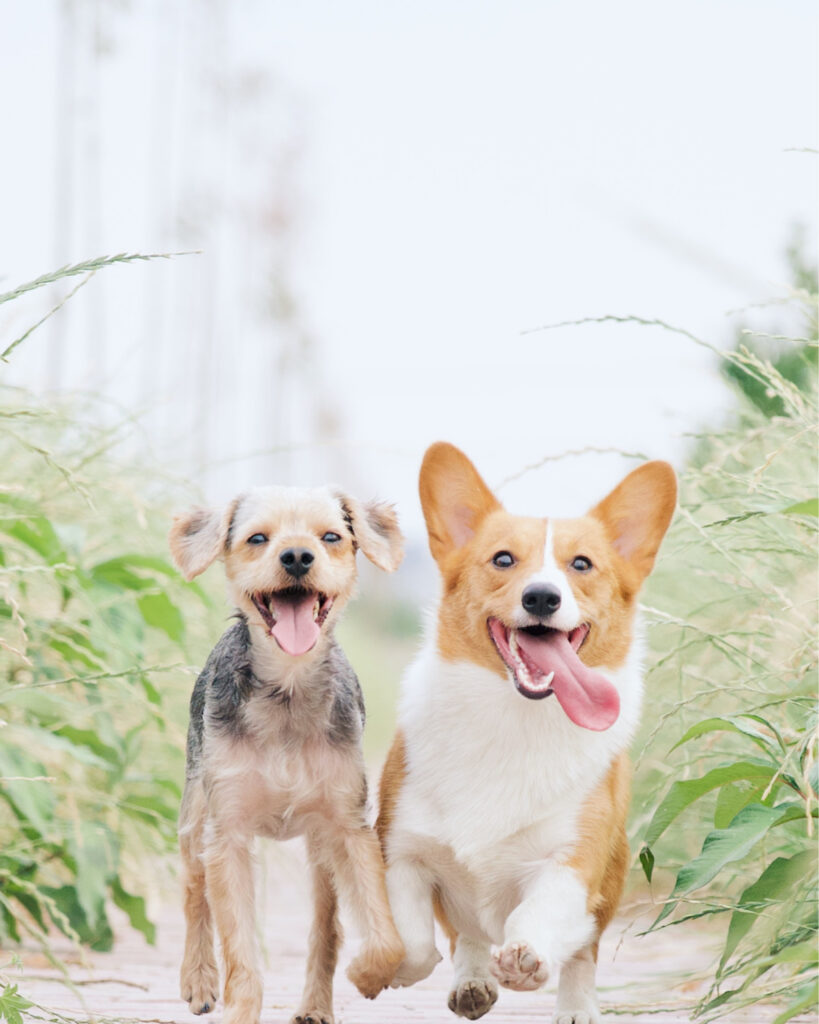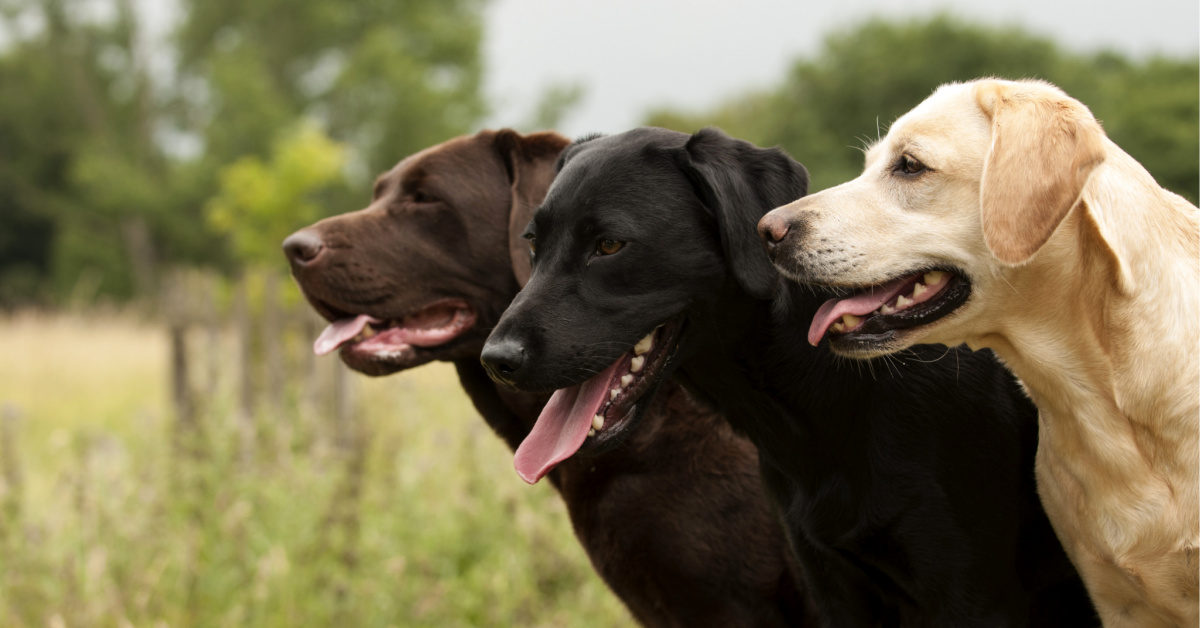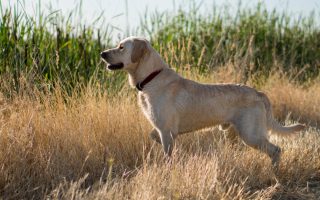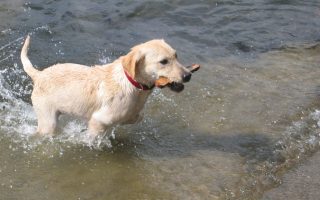Are Are Labrador Retrievers Good with other dogs? Do they have good social skills? Do they make great pets?
There is a reason why Labrador Retrievers are a very popular dog breed.
Not only are they cute, but they also have amazing personalities that many pet owners want to have in a dog.
Keep reading below to find out what exactly makes Labs awesome pets.
The personality of Labrador Retrievers
Both long-time and newbie dog owners want to own a Labrador at least once in their lives.
Since Labradors make wonderful family dogs, they often have very kind and docile personalities.
Despite being large dogs, most Labradors are great with children. They are very gentle, know their boundaries, and will never show signs of aggression unless someone repeatedly provokes them.
Most trained Labradors will be very unlikely to suddenly attack a member of the household.
Instead, they are more likely to cuddle and smile at you. They are also very easy to train because they want to please their owners due to their natural instincts as a working dog.
However, Labradors have lots of energy, especially if they are two-years-old and younger.
If they do not burn off that energy, they may play too rough or behave badly, such as bite your furniture.
Luckily, proper training and regular exercise can tone down their energetic personality and keep them kind and gentle.
Your Lab’s personality may also vary slightly based on what type of Lab they are.
For instance, show Labs are usually couch potatoes at a young age. On the other hand, field or working Labs usually have lots of energy even when they are adults.
Are Labs good with other dogs?

Most Labrador Retrievers are good with other dogs. They are very adaptable and will often get along with new dogs, even if you bring another Lab into your home.
However, keep in mind that their compatibility with other dogs can vary.
For instance, if the other dog shows signs of aggression like snarling or barking at your Lab, your Lab may respond aggressively or be scared.
Additionally, not all Labradors will have the exact same personality, so they may not be friendly immediately.
How good your Labs are with other dogs may also vary based on where your Lab meets another dog.
For instance, there is a good chance your Lab would be angry if there is another dog in their territory like your home. However, they may be calmer if they meet in a public area like a dog park.
Ideally, you should choose dog breeds that are compatible with Labs if you want another dog.
Here is a quick look at some dog breeds that your Labs would be good to work with:
- Beagle
- Golden Retriever
- Greyhound
- Pugs
- Border Collie
- Miniature Poodle
If you introduce your Lab to a new dog, give it some time. Even if they are compatible breeds, it may take some time for your Lab to fully trust the other dog.
Are Labs good with other animals?
Similar to the point above, Labradors are generally good with other animals.
Labs normally have an easy-going and docile personality, so they could be fine if there are other animals in the house like cats.
Of course, it will still depend on your Lab’s personality since each dog, like humans, is unique. It will also depend on the other animal.
For instance, most cats may be frightened of your big Lab, so it will take a few months before your cat fully trusts your Labrador.
Ideally, it would also be best if your Lab never tried hunting similar animals before.
If they hunted other animals that are similar to your other pet, they may be tempted to chase them.
It is in a Lab’s genes to be kind and friendly, so many Labs are great with people and other animals, even at a young age.
However, again, it is important to remember your Lab’s unique personality. Most of the time, though, Labs will normally have decent social skills.
However, it would still be best for you to train them. That way, they will know how to properly behave when they meet unfamiliar people and dogs.
Labradors are generally very easy to train, so it usually is not hard to teach them social skills.
Most Labs will be eager to meet new people and dogs when they are puppies, so teaching them social skills can be a breeze.
However, if your Lab never socializes, you cannot expect them to be naturally good at meeting new people and dogs.
They may be scared or show aggression due to their lack of social skills.
Therefore, you need to slowly train your Lab how to be social so they can behave well around other people and animals.
The best time to teach your Labrador social skills is when they are young.
Ideally, you should start teaching them social skills while they are still at a very young age.
You can start very slowly by introducing 1-2 guests to your house when they are between two and four months of age.
That way, the environment will be controlled, and they will not be overwhelmed by the number of people.
Eventually, you can start bringing them out to meet other dogs when they are between four and six months of age. Around this time, don’t forget to schedule them for regular vaccinations as well.
It would be best to introduce them to new dogs in a public setting. That way, you will avoid territorial aggression from both dogs.
You should also make it a routine for them to see other people and dogs. If it happens every other month, they will not get used to it.
Ideally, they should see a different person and dog at least once a week.
You could also enroll your puppy into a puppy class. They can learn how to socialize with other puppies there while learning other things like basic obedience and tricks.
To conclude
Labradors are naturally friendly and social dogs. However, you should still make it a point to teach them social skills so that they do not develop aggression and anxiety.







